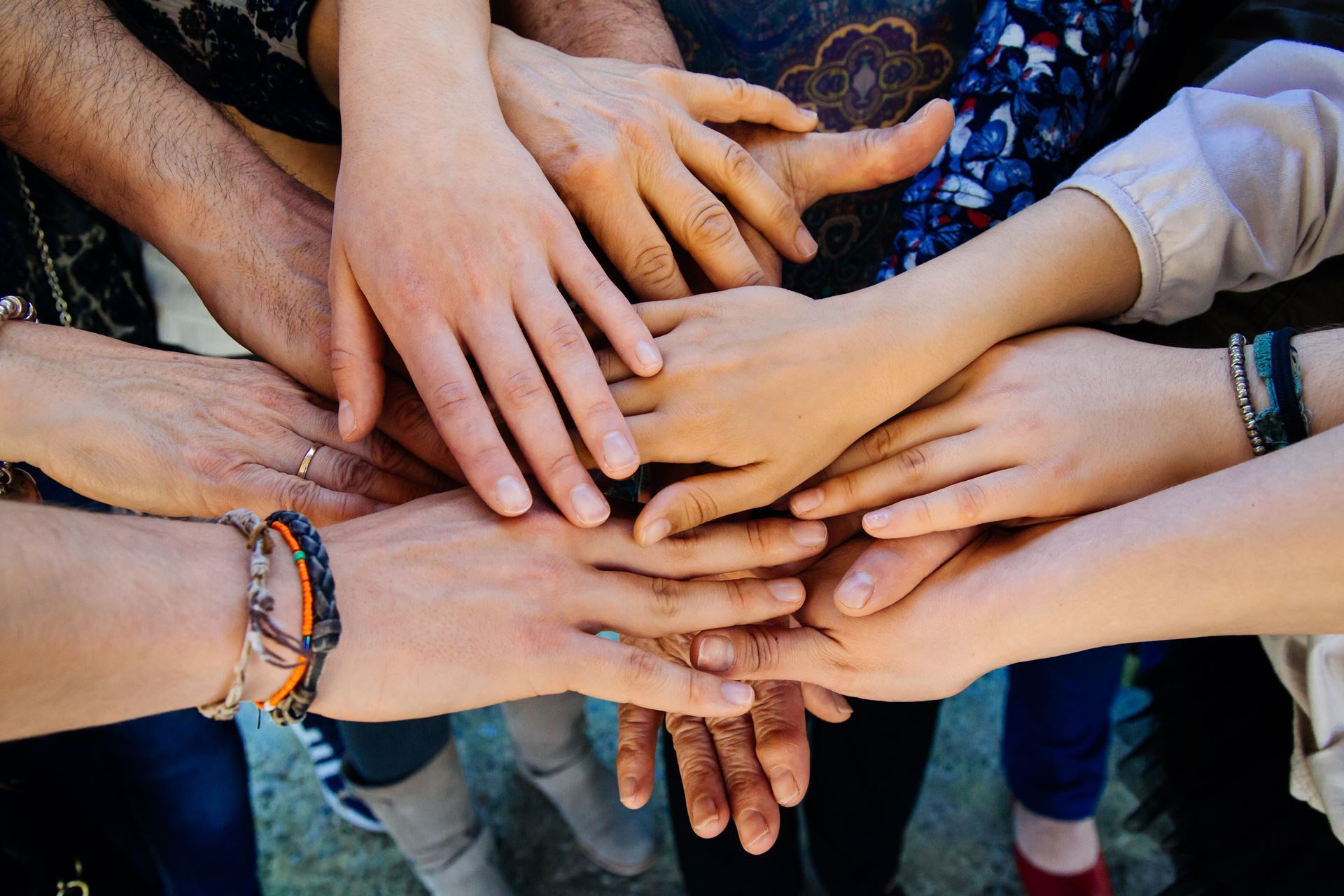|
- HOME
- ACA Committees
- Indigenous Matters Committee
Indigenous Matters Committee
Terms of Reference (May 17, 2024)
Mandate: The committee derives its mandate from ACA Bylaw#1 (2020) Section 6.2, and
these terms of reference as approved by the Association’s Board of Directors.
Responsibilities: The committee is responsible for:
- Advising, monitoring and reviewing the strategic implementation of the ACA Indigenous Matters Action Plan;
- Identifying resources and promoting existing communities of practice, both within and external to the ACA, which furthers ACA objectives of supporting reconciliation, relationship-building, and indigenization of the archival profession in Canada.
- Creating and supporting new communities of practice aimed at filling gaps in relevant knowledge skills, and archival practice which support ACA members seeking to actively engage with the Reconciliation Framework within their institutional context.
Composition:The Committee will consist of at least 5 volunteer members appointed by the ACA Board. The ACA President/Vice President will serve as the committee’s Board liaison.
Term:Members of this committee are appointed for a 2-year term. with the possibility of re-appointment for one (1) additional 2-year term. Re-appointments will be encouraged to promote transfer of knowledge.
Participation and attendance: To be a committee member, the individual must first be an ACA member in good standing, participate in Committee work with timely completion of assigned tasks, and regularly attend Committee meetings. An individual who is absent for two (2) consecutive meetings, or who misses a task submission deadline without providing the Committee with written or verbal notification and reason for such, will be deemed to have resigned from their committee position.
Funding for Indigenous volunteers: Complimentary ACA membership will be provided to those Indigenous individuals who are not regular ACA-members and who agree to volunteer their time, expertise, and experience to the work of this Committee for the benefit of the ACA. Board-approved funding currently consists of up to three ACA annual memberships per individual per volunteer year on this committee. Membership fees will be paid according to annual member renewal requirements. Non-indigenous ACA members who volunteer with this Committee are not eligible for the complementary member fees, however, they are invited to enquire with the Secretariat for other subsidy provisions that might apply to their circumstances.
Meetings: Committee members will meet regularly at the discretion of the Chair(s) via web or teleconference calls, email correspondence, and/or in person when possible.
Compensation: No monetary compensation will be made to Committee members for their participation. However, reasonable pre-authorized expenses will be reimbursed.
Recordkeeping: Committee members have a duty to document their discussions and decisions to facilitate continuity of committee operations by using the Association’s approved record keeping system
Reporting and Accountability: The Committee will report to the ACA Board via the ACA President/Vice President. The Committee will create annual work plans, draft budgets, and progress reports for fall and spring Planning and Priorities meetings and submit annual reports to the Annual General Meeting (AGM). Member updates and related announcements may also be provided, as necessary, via member emails, ACA social media accounts and the Scope & Content newsletter.
Reference Documents
- Canada Not-for-Profit Corporations Act
- Certificate of Continuance from Corporations Canada, August 13, 2013 (an overview of operating requirements is available at http://corporationscanada.ic.gc.ca/eic/site/cd-dgc.nsf/eng/home )
- ACA Bylaw #1 (2020)
Financial Information
The committee does not require an annual operating budget to carry out its mandate. The committee’s work is primarily supported by the Association’s Secretariat, which facilitate virtual video conferencing and other arrangements. ACA Board of Directors may approve expenditures when requested by the Chair.
History of the Committee
In recognition of the ACA’s ongoing commitment to equity, diversity, and inclusion the Indigenous Matters Working Group (IMWG) was established to further reconciliation action, relationship-building, and indigenization of the archives’ profession. Established for a two-year term (April 2022-June 2024) the IMWG was responsible for recommending a strategic and coordinated approach to the ACA Board of Directors which would support this urgent and ongoing work. The specific objectives of the IMWG were twofold, the first was to review the Reconciliation Framework of the Response to the Report of the Truth and Reconciliation Commission Task Force (TRC-TF) of the Steering Committee on Canada’s Archives, alongside of the ACA’s current organizational structure, equity commitments, events and activities, membership framework and educational offerings to create an Indigenous Matters Action Plan. The intent of this Action Plan was to both identify areas within the ACA which required de-colonialization work be undertaken, and to identify priorities and strategies for how to engage in this important work. The second objective of the IMWG was to create a resource guide for Indigenous archives, which would provide professional support to those working in Indigenous archives who may not have formal archival training.
At the conclusion of the IMWG mandate in June 2024, an ACA standing committee was developed to take up the work of not only implementing the recommendations for change as identified by the IMWG, but to also provide much needed support to ACA members looking to further advance relationship-building and Indigenization work being undertaken by their archival institutions.
Committee Purpose
The overall purpose of the Indigenous Matters Committee is to support ACA members in their efforts towards actualizing the recommendations for action articulated in the Reconciliation Framework and endorsed by the ACA Board of Directors. This support includes, but is not limited to: advising, monitoring, and reviewing the strategic implementation of the ACA Indigenous Matters Action Plan; identifying professional and educational resources and promoting existing communities of practice, both within and external to the ACA, which furthers ACA objectives of supporting reconciliation, relationship-building, and indigenization of the archival profession in Canada; and developing and supporting new communities of practice to better support ACA members seeking to actively engage with the Reconciliation Framework within their institutional context. Types of knowledge and skills to be supported through these communities of practice include, but are not limited to: reparative and parallel description work; trauma-informed archival practice; archival repatriation; IRS (and related) reference work; and research and communication strategies aimed to 1) give voice to those silenced through the archival record and 2) making connections between the silenced communities and the records which contain information by, or about them.
Looking to the future
Because the important activities of reconciliation and relationship-building are not limited to relations between “Euro-Canadians” and the First Nations, Inuit, and Métis peoples in Canada, it is anticipated that committee activities will one day expand in scope to support relationship-building between archivists and all marginalized communities in Canada.
Members
Lorne Shapiro, Co-Chair [IMcochair1 (at) archivists.ca]
Gifty Asamoah
Tamis Cochrane
Stephen Shurgold
John Malloway
Darryl Herrling
Anna Gibson Hollow, Board Liaison [acapresident (at) archivists.ca]
Our Community
| Public Awareness & Advocacy
| Resources
| Submissions
|
Contact Us
Suite 1912-130 Albert Street
Ottawa, Ontario K1P 5G4
Email: aca@archivists.ca
The ACA office is located on the unceded, unsurrendered Territory of the Anishinaabe Algonquin Nation whose presence here reaches back to time immemorial.
Privacy & Confidentiality - Code of Ethics & Professional Conduct
Copyright © 2023 - The Association of Canadian Archivists




